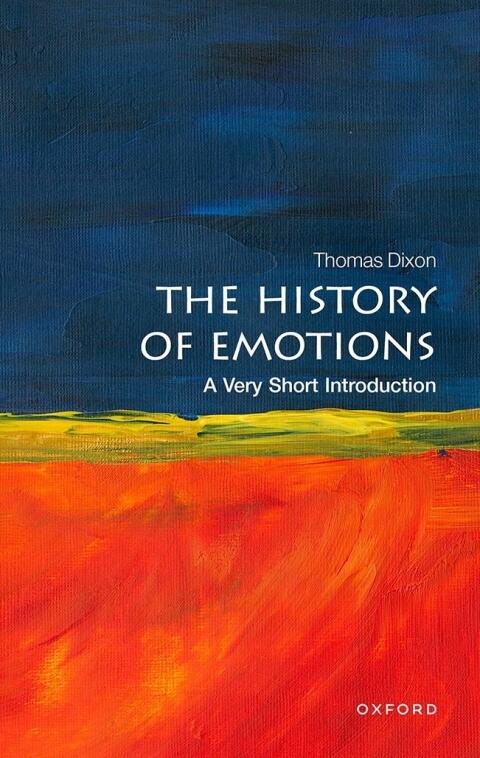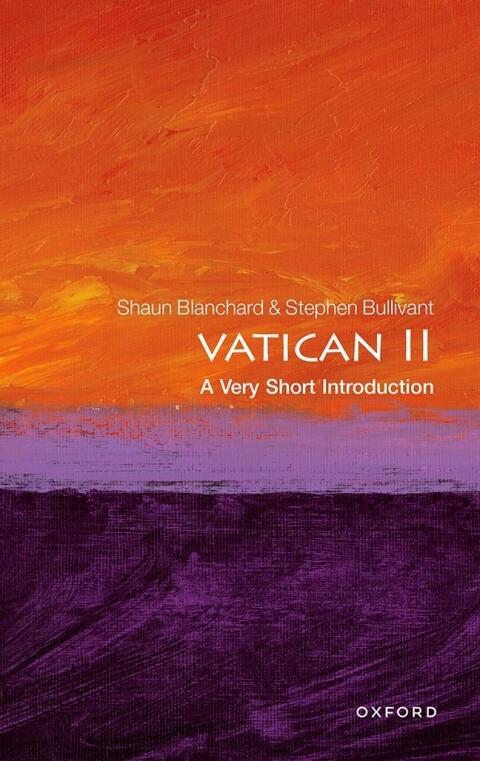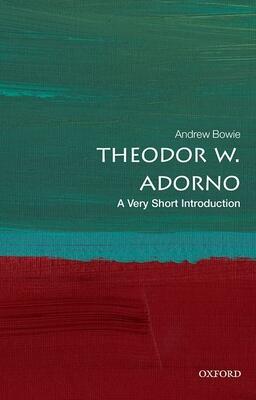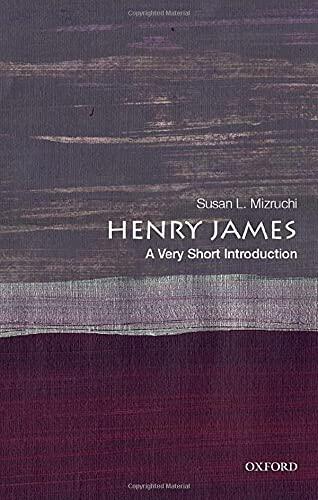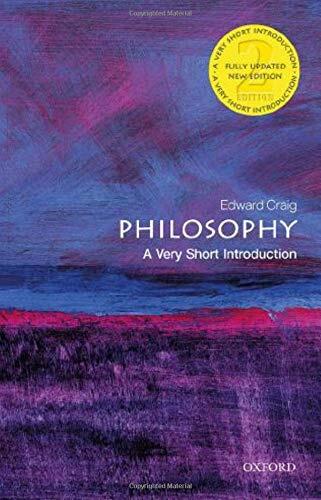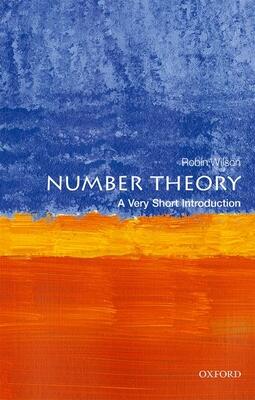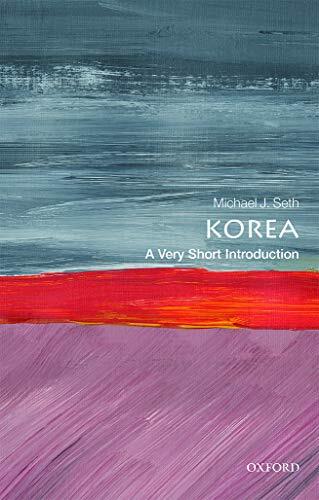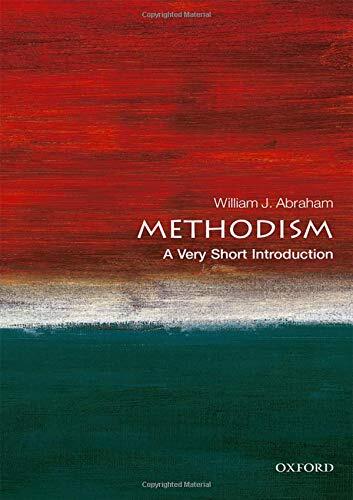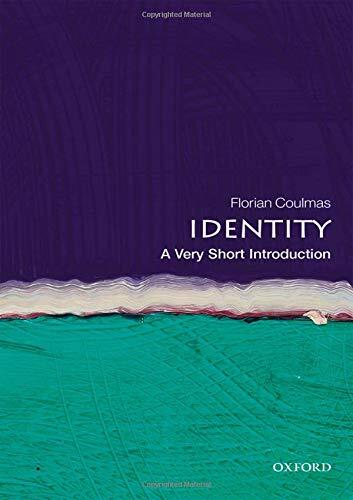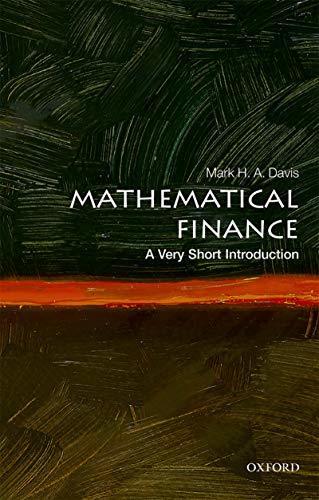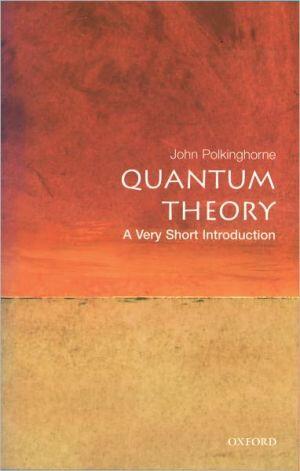
Quantum Theory: A Very Short Introduction
아직 평점이 없습니다
Science & Technology
History
Philosophy
형식
페이퍼백
페이지
128
언어
영어
출판됨
Jul 15, 2002
출판사
Oxford University Press
판
First Edition
ISBN-10
0192802526
ISBN-13
9780192802521
설명
Quantum Theory stands as a monumental leap in the field of physics, reshaping the understanding of the natural world. John Polkinghorne presents a clear and accessible exploration of this complex subject, breaking down its principles for readers who may not have a strong background in science. He deftly navigates the intricacies of quantum mechanics, making it understandable without sacrificing depth.
Throughout the narrative, Polkinghorne emphasizes the profound implications of quantum theory, both for science and for philosophical inquiry. He highlights how this revolutionary framework not only challenges traditional perceptions of reality but also opens up new avenues of thought regarding the nature of existence itself. The book invites readers to ponder the mysteries that lie at the subatomic level, suggesting that the universe is far more enigmatic than it appears.
As Polkinghorne elucidates the fundamental concepts of quantum behavior, he connects these ideas to broader questions about the universe, offering a holistic perspective on how quantum mechanics intersects with daily life and universal phenomena. The engaging prose makes it inviting for both newcomers and those familiar with the topic, ensuring that even the most complex ideas can be appreciated.
In essence, this work serves not just as an introduction to quantum theory, but also as a springboard for deeper reflection on the interplay between science and philosophy. It leaves readers with a sense of wonder, urging them to embrace the unknown and consider the vast possibilities that quantum theory unfolds.
Throughout the narrative, Polkinghorne emphasizes the profound implications of quantum theory, both for science and for philosophical inquiry. He highlights how this revolutionary framework not only challenges traditional perceptions of reality but also opens up new avenues of thought regarding the nature of existence itself. The book invites readers to ponder the mysteries that lie at the subatomic level, suggesting that the universe is far more enigmatic than it appears.
As Polkinghorne elucidates the fundamental concepts of quantum behavior, he connects these ideas to broader questions about the universe, offering a holistic perspective on how quantum mechanics intersects with daily life and universal phenomena. The engaging prose makes it inviting for both newcomers and those familiar with the topic, ensuring that even the most complex ideas can be appreciated.
In essence, this work serves not just as an introduction to quantum theory, but also as a springboard for deeper reflection on the interplay between science and philosophy. It leaves readers with a sense of wonder, urging them to embrace the unknown and consider the vast possibilities that quantum theory unfolds.



